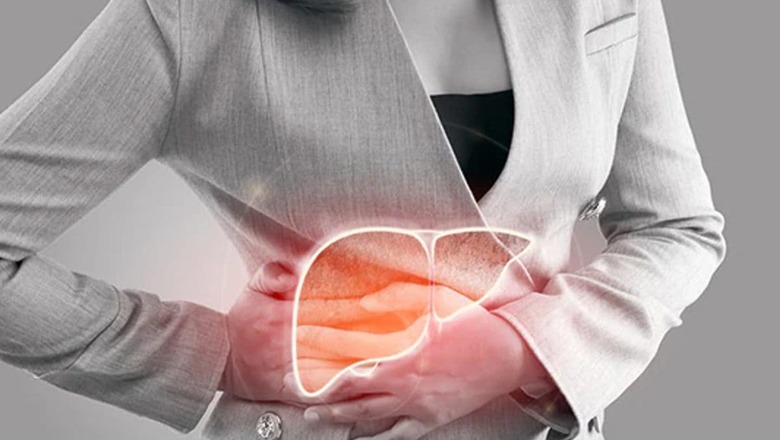
257
views
views
Dr. Anurag Shetty of the Medical Gastroenterology department at the KMC Hospital in Mangalore offers advice on how to maintain a healthy liver and avoid developing liver problems
The liver, the body’s largest solid organ, is essential to the smooth operation of our daily physical functions. The liver performs about 500 different tasks, including detoxification, metabolism, and protein synthesis. It should come as no surprise that preserving a healthy liver is necessary for general wellbeing and lifespan.
Around 2 million people die each year as a result of liver illnesses, with the prevalence of liver disease among Indians being alarmingly high at almost 1 in 5 people. The good news is that most liver disorders are avoidable, and we can safeguard ourselves and enhance liver health by making small but effective lifestyle adjustments.
- The first and most important step is to refrain from consuming too much alcohol. The risk of liver damage can be considerably decreased by limiting alcohol consumption to one drink (30 ml of hard liquor) for women and two drinks (60 ml of hard liquor) for men per day. It is recommended for people who already have liver disease to fully avoid alcohol.
- A healthy body weight must be maintained in order to prevent liver illnesses, especially non-alcoholic fatty liver disease. Fat buildup in the abdomen and being overweight raise the risk of fatty liver disease. Focus on eating a balanced diet full of fruits, vegetables, and high-fiber foods while avoiding items high in calories, fat, and refined carbohydrates like oil, ghee, cheese, and sugary drinks in order to maintain a healthy weight.
- Viral hepatitis B and C infections can be spread by high-risk behaviours such unprotected intercourse with numerous partners and illegal drug use. We can reduce the chance of viral hepatitis transmission by refraining from these actions. Additionally, hepatitis B immunisation is quite successful at preventing infection, and hepatitis A vaccines are now accessible as well.
- Another crucial component of preventing liver disease is keeping oneself clean. Hepatitis A and E can be prevented by taking easy precautions like fully washing your hands after using the restroom, before eating, and before preparing food. Additionally, it’s crucial to refrain from sharing private objects like razors, toothbrushes, and needles because doing so helps stop the spread of hepatitis B and C.
- Monitoring liver health requires frequent consultations with a medical expert. It is crucial to receive the necessary medical care and liver disease screening if you have any risk factors for the disease, including a history of hepatitis B or C infection, excessive alcohol use, obesity or overweight, diabetes, or a family history of the condition.




















Comments
0 comment